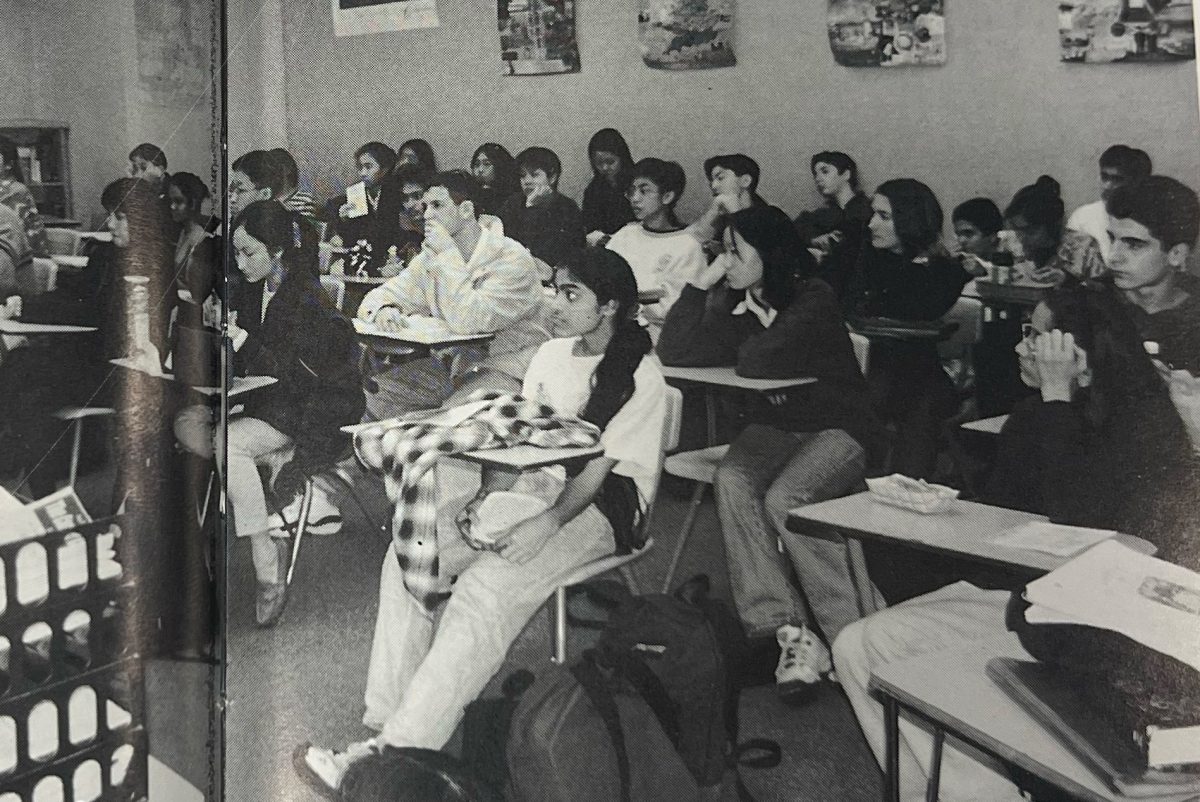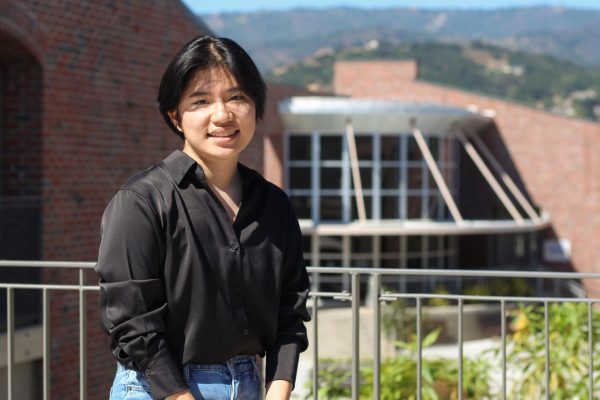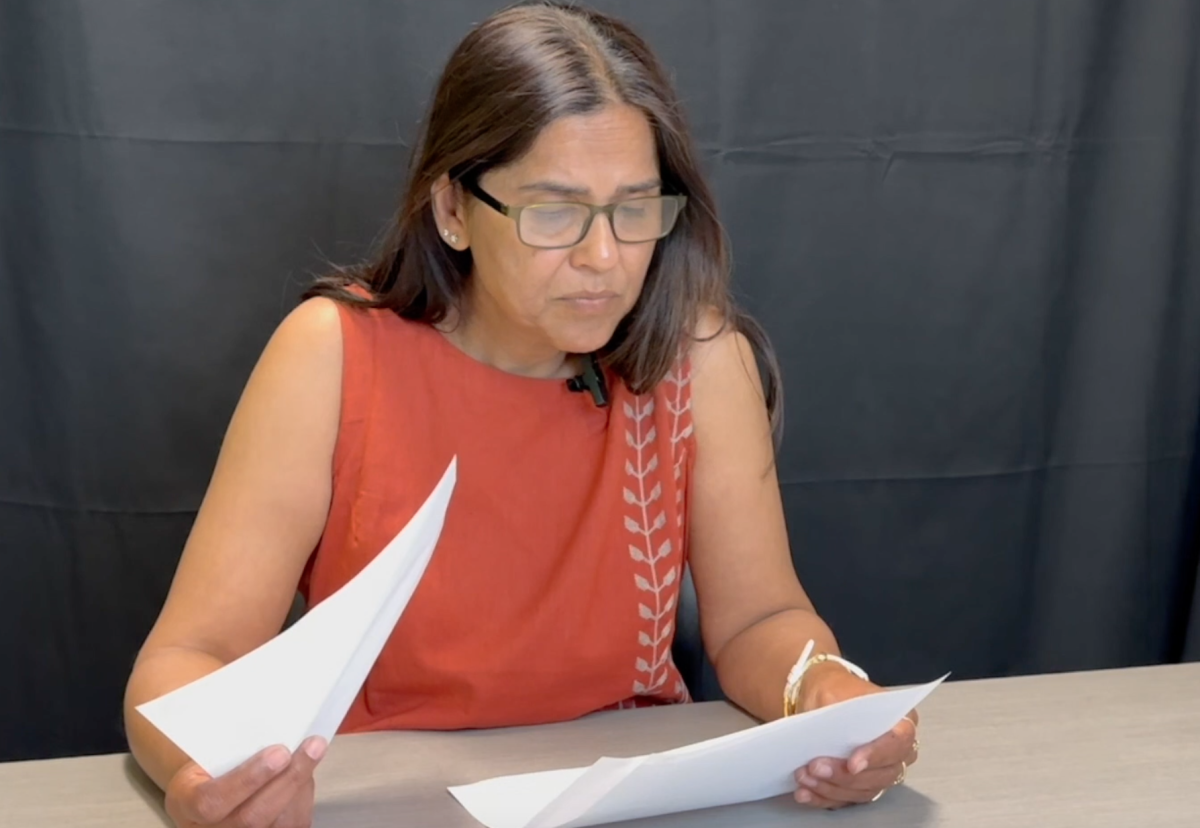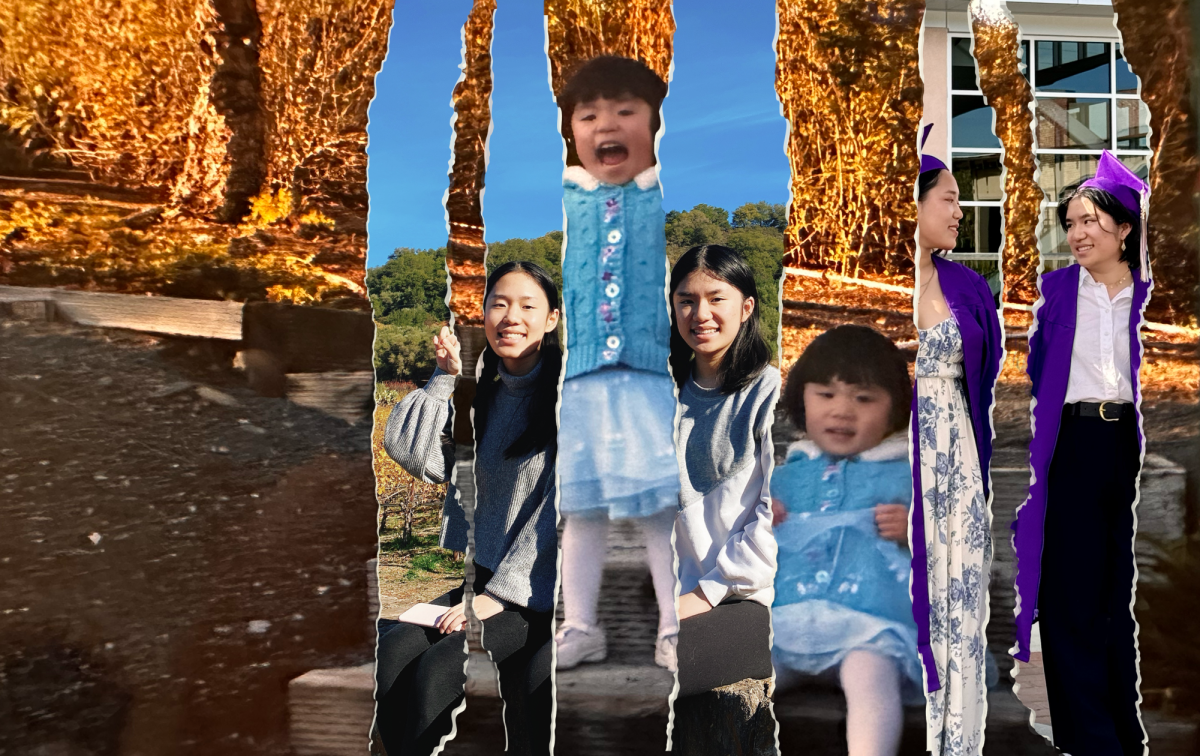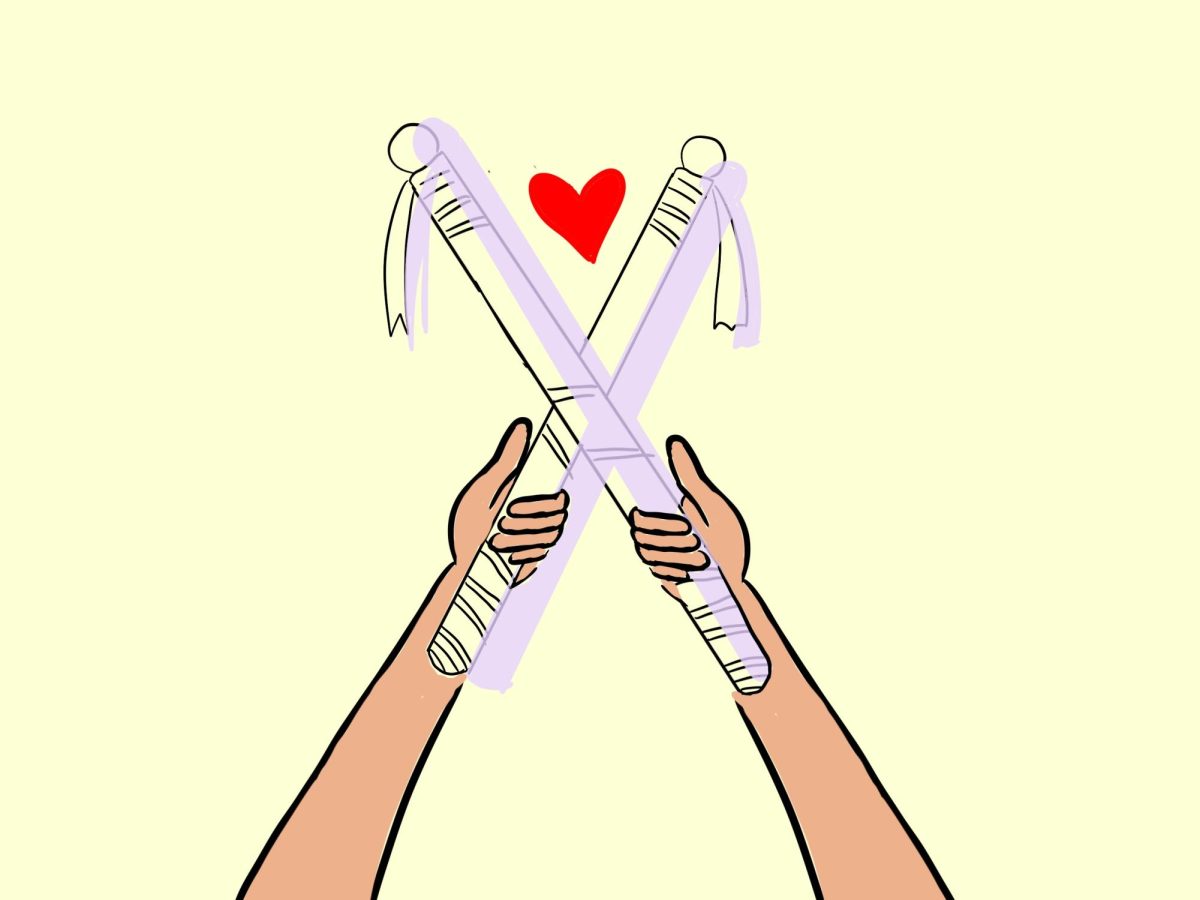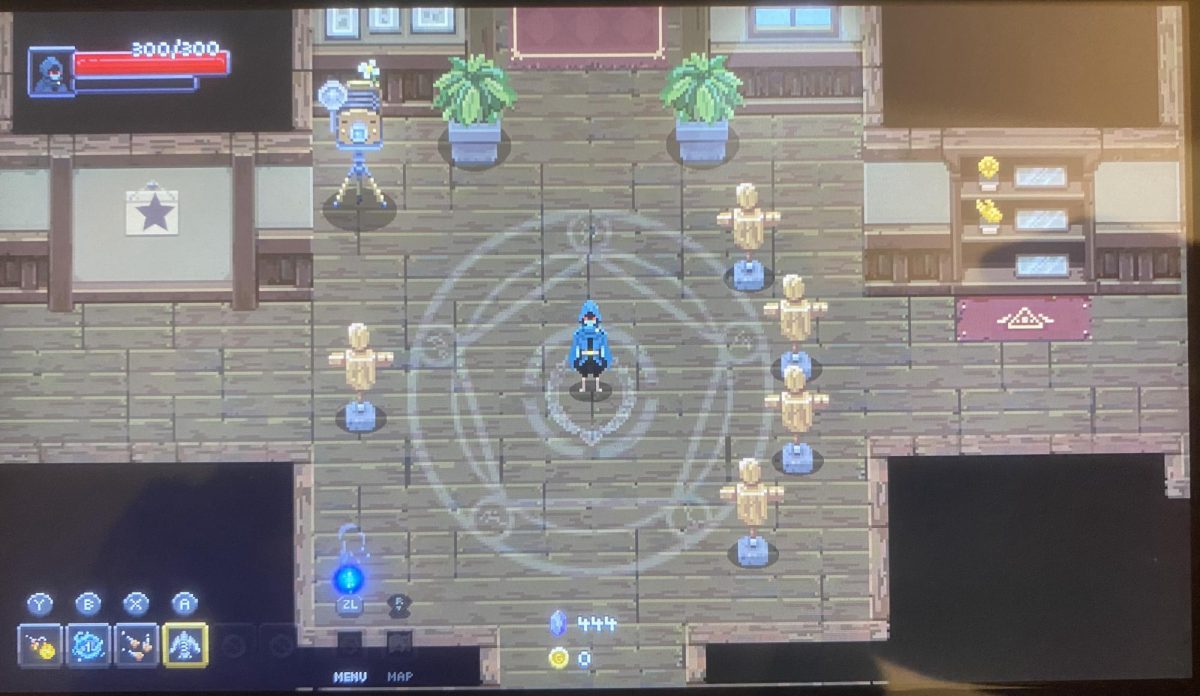It’s not uncommon to hear teachers parroting the phrase “grades don’t matter, learning does” — and while the intention is undoubtedly good, and in many ways correct, this sentiment also fails to acknowledge the generational differences between teachers and students.
Each generation is considered “smarter” than the last, according to the Flynn Effect. Not necessarily in terms of IQ, but in the amount of knowledge that is available to a larger audience, which in turn increasingly propels the level of education. In the late 1990s, you needed a 2.68 GPA — the national average at the time— and a non-delinquent standing in high school to get into college. Nowadays, the national average GPA is a 3.0, and you might as well need to cure cancer to be in the running for many of those colleges.
To begin, colleges are much harder to get into. As the number of applicants increases every year, with a 21.3% rise from the 2019-20 to 2020-21 school year, college acceptance rates drastically decrease. After all, most schools continue to admit similar numbers of students, no matter how many students apply. A larger pool of applicants increases the amount of qualified candidates, making the requirements to get into a decent college much harder than in the past.
As a result, students begin to apply to more colleges to increase their chances, which only exacerbates the stress of application season. However, when teachers refuse to write a letter of recommendation for students because they are applying to, quite frankly, an insane number of schools, they are actually doing the opposite of looking out for student’s mental health. Though teachers have good intentions, they can’t single-handedly change the number of schools a student is applying to. They only end up changing the number of teachers that students request recommendations from.
On that point, many teachers expound on the fact that you do not need straight A’s to get into college. And for teachers, that was true. A B in the late 90s most likely still constituted a good grade and wouldn’t have made much of a difference in their college prospects. Not to mention the fact that college was only just becoming a requirement for most jobs; anything from continuing to work the family farm to a minimum wage service job at the time might have been good enough to make a living. Now, it’s nearly impossible to make a living wage on service jobs in big cities, or keep family businesses alive, as inflation continues to balloon and small businesses fall to the conglomerate empire of Amazon.
For current students, a B could make or break their acceptance into a top college – which while, yes, is not a “make or break” in getting a job, feels like a safety net that promises at least some form of employment in an era where jobs are becoming harder to find. And while it’s true that there are thousands of students who go to the college of their choice without a flawless 4.0, they are often backed with a portfolio of other accomplishments. With the increased focus on holistic review and extracurricular standings, college admissions are no longer as straightforward as they were before. Grades often stand as an objective measurement of success amidst a host of other activities and leadership roles that are subjective and harder to gauge.
Especially somewhere as competitive as the Bay Area, grades are quite literally the cut-off for many colleges. Since colleges compare you to the other applicants from your school, students attending competitive schools like MVHS are up against a much harder pool than others. Here, getting straight A’s is like getting an assurance of your competence in a process already littered with uncertainty. Disregarding the issue of whether or not this mindset is healthy — which admittedly, it’s not — there is a reason behind many student’s single-minded focus on a simple letter grade, and teachers should try to understand it instead of limiting their perspective to the past.
This doesn’t mean we believe teachers need to minimize content, or cater to a student’s every whim or plea for an A. But there are changes teachers can make to assist students without perpetuating MVHS’s harmful hustle culture. Something as simple as making sure that heavy-hitting unit tests don’t fall on the same day as other classes or being more flexible with the number of colleges a recommendation letter goes out to can make a big difference.
But make no mistake, this same logic applies to students as well. It’s not uncommon to hear students complaining about inflexible grading or the over-used “it’s about the learning” phrase. Teachers aren’t trying to belittle students, or purposefully looking to fail us. They’re there to, well, teach us. To them, that “B” you earn on your report card isn’t an indication that you’re not going to attend Stanford. Rather it’s them telling you to learn from your mistakes; it’s a sign that they care about you and your learning, and that’s a good thing.
Going forward, we need to recognize the presence and effects of a generational gap between teachers and students in classrooms. Taking a second to remember that we grew up in different times can help us better understand each other’s actions and create an environment where both students and teachers can thrive. Rather than forcing students to accept B’s as a “good” grade or making teachers give students A’s when they haven’t earned it, we should work towards understanding each other’s perspectives and bridging this invisible gap.


















